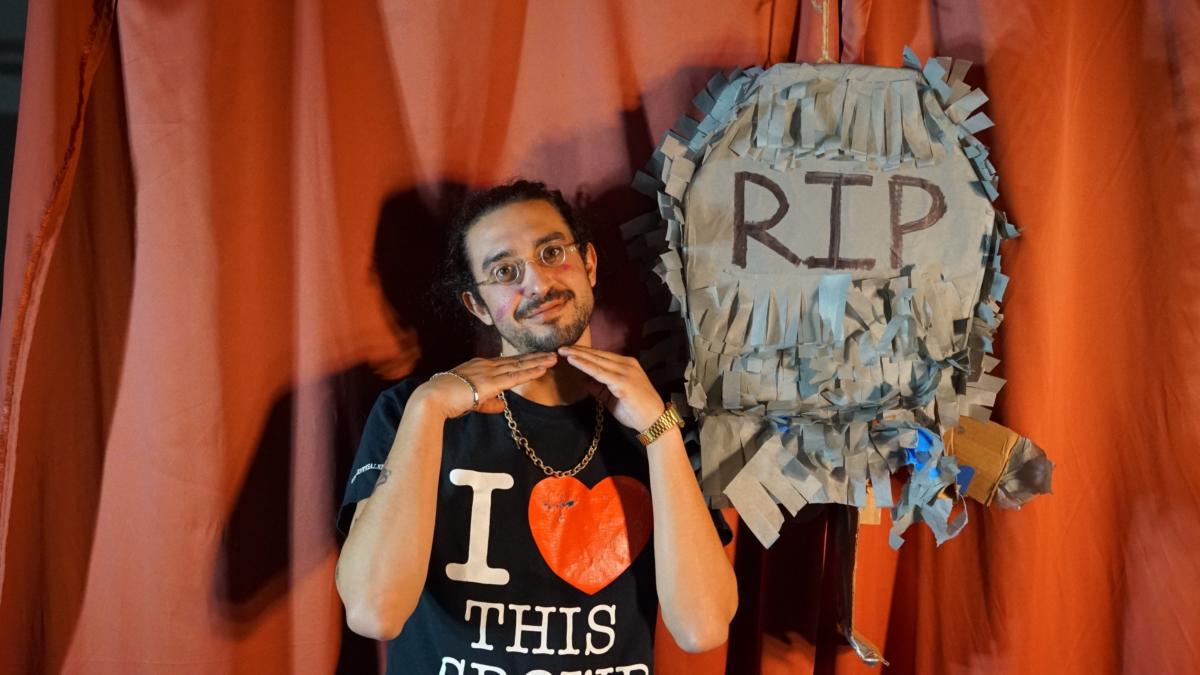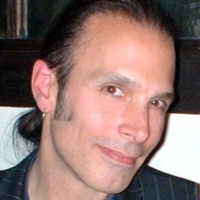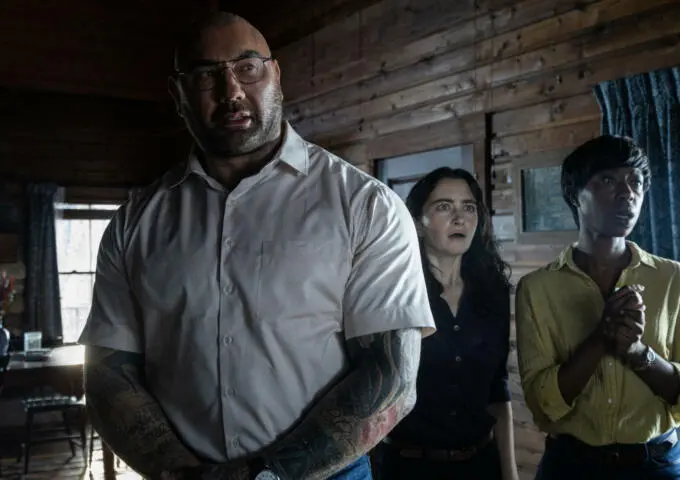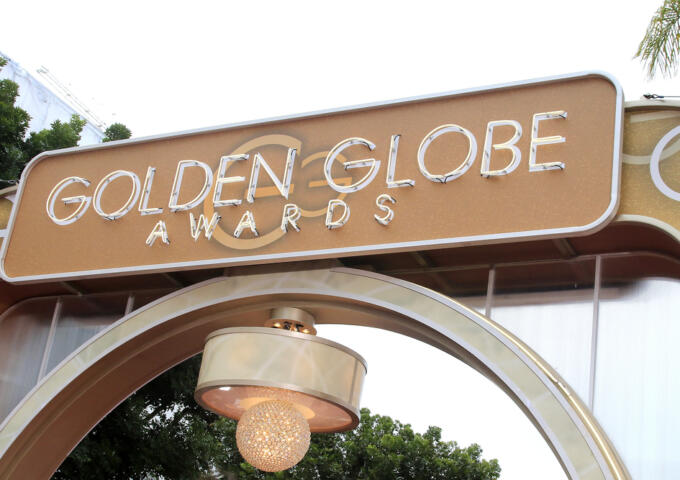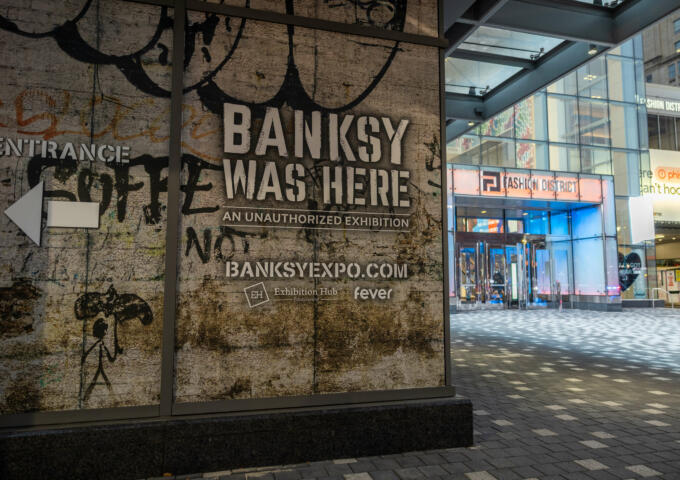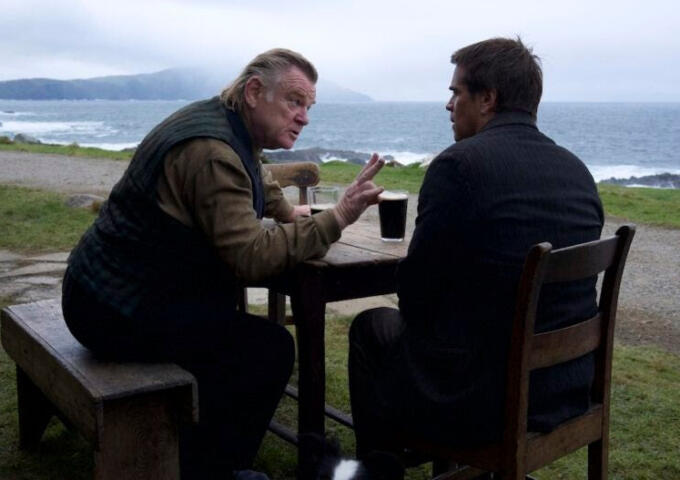If the Ancient Greek translation of ‘Phil • a • delph • i • a’ breaks down to its roots in ‘phílos’ (beloved, dear) and ‘adelphós’ (brotherly, sisterly), this town, as we know it, should be kicking up its heels in reverie and regaling in the light and the bright. Yet, as Philadelphians, we bask in ire and cynicism. It’s understandable. There’s death around us, especially in a time of war globally, and we live in fear of being killed by all manner of threat, be it physical or more figurative, like a career killer.
The comedians we love, locals or out-of-towners who hang out in Philly, tend to speak fearlessly without concern over critiques that they’re too angry, cynical, or dark. They embrace death – or, at least, they’re not afraid of a Twitter mob trying to end their career over one joke.
New York’s Ben Wasserman can’t get enough of Philly. Earlier this month, he had a gig at Launderette Records in Port Richmond. He was at Johnny Brenda’s as recently as March 17, too. He’ll be performing again in Philly at PhilaMOCA on a date TBD.


Philadelphia has a special connection to Wasserman’s standup art form. He did one of his earliest set on grief shortly after his father died five years ago.
His new solo comedy show, Live after Death, grabs you by the collar as Wasserman faces all types of fears, namely that of loss, as he talks about grief and the death of his father, grandfather, uncle, and several dear friends all in the span of three years.
“I did a bit about my dad dying, it killed,” he says, “and a bunch of Philly comedians approached me after my set. I assumed they were just coming up to introduce themselves, give the perfunctory ‘good set,’ and they did that — but like almost all of them also had either been estranged from or lost their fathers. We talked. About all of it. Grief is an isolating feeling. Performing in a city as a visitor can also feel isolating. But the comedians I met in Philly made me feel less alone and more loved that night. And, five years later we’re still super close friends.”
Wasserman works the words of misery, grief and vulnerability like Pollock would oils – athletically, with passion and spontaneity. When he started doing comedy about the pain of living amid death, he didn’t really know where it would go or what it would look like.
“Prior to these losses I had never really incorporated anything ‘real,’ anything biographical, in my comedy, I’d simply go on stage and do interactive goofy bits and silly characters that had no tether to reality.”
Opening up, however, negotiating and existing with these woefully unfunny features of life freed Wasserman to blossom, to create comically and interactively. Still, some things aren’t laughable even if they are part of an overall comedic work. “It’s not funny,” he affirms plaintively, “having watched my dad struggle for his last breaths.” But it’s not something that should be hidden, either.
“I think creating environments where everyone in the room has an opportunity to be vulnerable is in some way just fair. But in another way, it also plays an important role in getting laughs, because being vulnerable allows me to also get away with being comically angry or frustrated or goofy or whatever.”
With that, Wasserman knows that whether his crowd is grieving themselves or not, that he’s really quite good at comedy – the entire point of his being on stage.
”I’ve only gotten raves or supportive comments about this material, mostly people coming up to me and thanking me for putting a voice to a feeling they had but couldn’t name, or allowing them to share a story about their friend who died during the set, or just telling me I’m the funniest person they’ve ever seen.”


If Wasserman’s approach to the dark side of life kills, as he says, South Philadelphia-based comic and writer Chip Chantry is more chipper amid Philly’s cynicism and our shared knowledge that we’re all going to die one day.
“I feel really lucky to have started comedy in Philadelphia,” says Chantry whose next big gig is his April 1 show for Crossroads Comedy at Theater Exile on 13th and Reed. “Philly crowds wear their heart on their sleeve. You never have to guess if people like what you’re doing. They will let you know immediately. And that makes us stronger comics. You go to other cities, and they’re ‘nice.’”
What’s nice mean in this context, though?
“They’re more patient, sometimes more receptive crowds. But if you win over a Philly crowd, it feels really good. If you give it your best, that’s when you get that world-famous love and affection,” he touches on the irrational way Philadelphians will defend its beloved parochial assets.
Some things, like those local sacred cows, are a minefield to touch on stage. For Chantry’s part, having to navigate comedy that is dark, harsh, and troubling is one he’d rather not trip through.
For Chantry, comedy should embrace an insider’s intimate knowledge, while acting like an outsider, a town crier with attitude. “In my experience, comedians were always outsiders that stood on the sidelines, or under the bleachers, and made fun of everyone who was fighting,”
But when everyone in the country is taking the “you’re either for us or against us” tack, is neutrality itself a political position?
Talking about having to take sides, socially and politically is uncomfortable for someone who’s joked about those divides for a job. “But over the past few years, we’ve been pulled into the game, and for me, and I think for a lot of comics, it’s a drag. We just want to tell jokes and make fun of things, not be modern day philosophers. I’m not a Senator. I’m not a pundit or a professor. I just want to be funny.”
In the face of existential threats after an attempted coup, is just being funny enough in a post-Trump America? Are we even post-Trump?
Or, on the contrary, is being too political itself poison to comedy?
“I don’t think crowds want to hear it,” says Chantry. “For me, comedy is an escape from 30 BREAKING NEWS updates a day. I’m also not good at arguing or debating, so I’d rather just make fun of things.”


Chantry’s got his views, though. You can pick that up from his Twitter account. He just takes a more subtle approach to the aforementioned minefield.
For his part, Wasserman thinks coming from the right place is key to navigating touchy issues.
“I think you can be angry and still full of affection,” says Wasserman. “The duality of love/affection is most powerful when you can situate it within a broader emotional landscape which includes anger, hate, whatever. The completeness of that picture, amplifies the intensity and makes the love more felt.”
It’s impossible not to root for both Wasserman and Chantry. In a world of lowest common denominator offense and outcry, their thoughtfulness and sensitivity, even if hidden behind slapstick or even a dick joke, is attention grabbing.
Still, it’s a trail not everyone in comedy likes to take. And even when they go too far, the penalties are more rhetorical than literal.
“A number of ‘canceled’ comedians are currently selling tickets and making WAY more money than I am,” Chantry observes, bitingly. “So that’s good.”
